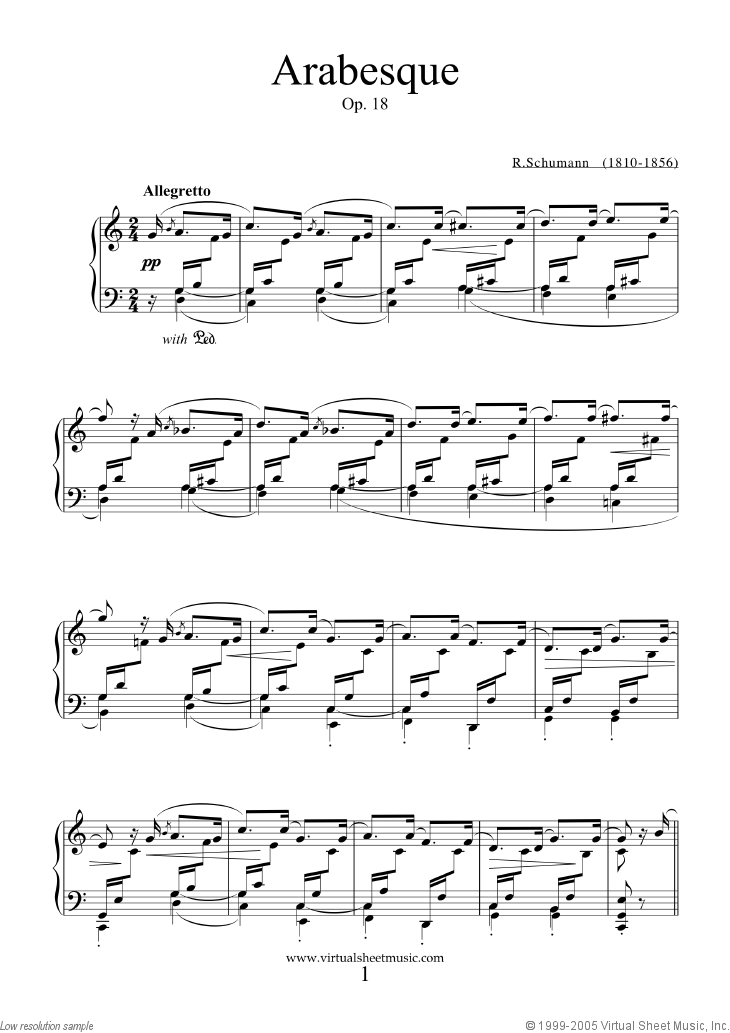
Got up and made coffee, since Eileen mentioned that one can drink black coffee during a blood test fast. However, my own online reading contradicts this so I’m not have the coffee until after my morning doctor’s appointment.

Eileen and I watched a couple of authors on Book TV (C-Span) on Sunday.

I interlibrary loaned their books yesterday.

Probably won’t read them, but they will be fun to look at. John Ross’s War on the Run: The Epic Story of Robert Rogers and the Conquest of America’s First Frontier sounded much more interesting than the title makes it sound. Rogers is a very interesting character who was arrested twice for spying and was responsible for the capture of Nathan Hale. And I’ve always had a soft spot for the “Lost Colony of Roanoke,” so A Kingdom Strange by James Horn also sounds interesting.

Also reading “Performance, Analysis, and Musical Imagining” by Charles Fisk in College Music Symposium: Journal of the College Music Society, volume thirty-six 1996. I picked up several volumes of this journal at a sale somewhere. I like to read in scholarly journals. Usually the copies I get hold of are pristine. Hmmmm. I suspect few people outside of academia actually read this things. But I have actually subscribed to scholarly journals over the years and find them pretty interesting. Fisk uses Schumann piano pieces (which I teach and learn) to illustrate the connection between analysis and performance.

This is a vexing question for me. So far his insights are a bit nebulous, but still I do wonder about this question.

Read several chapters in Nussbaum’s Not for Profit: Why Democracy Needs the Humanities while treadmilling yesterday.

She makes a good critique of the international trend to base education on economic outcomes. She points out that economic indicators ignore a lot of the basic quality of life in societies.
“Never mind about distribution and social equality, never mind about the preconditions of stable democracy, never mind about the quality of race and gender relations, never mind about the improvement of other aspects of a human being’s quality of life that are not well linked to economic growth. (Empirical studies have by now shown that political liberty, health, and education are poorly correlated with growth)
Martha Nussbaum, Not For Profit

She goes on to point out that South Africa in the time of its most repressive regime showed up at the top of lists of countries who were thriving economically.
She outlines what is needed in education to keep democracy working: the imagining that comes from study of the arts and the teaching of critical thinking and decision making. She stresses that imagination allows us to think ourselves into understanding those who are outside of our immediate experience. Good stuff.
Finished off reading a few more pages of Christopher Hitchens’ memoir, Hitch 22.

I find myself attracted to literate writers educated in the UK. Hitchens and the late Tony Judt were both young Marxists whose thought changed. Hitchens moves toward the conservative. Even though I abhor what is usually called conservative and find it an advocate of radical change more than conserving anything, I am interested in what these two writers have to say.

Judt wrote for the New York Review of Books which thankfully puts articles online so they may be read. (link to Judt’s article, “Meritocrats”)

Watching Google dance around tiered access reminds of the last days of free Napster. Grab access while you can afford it, I guess.
